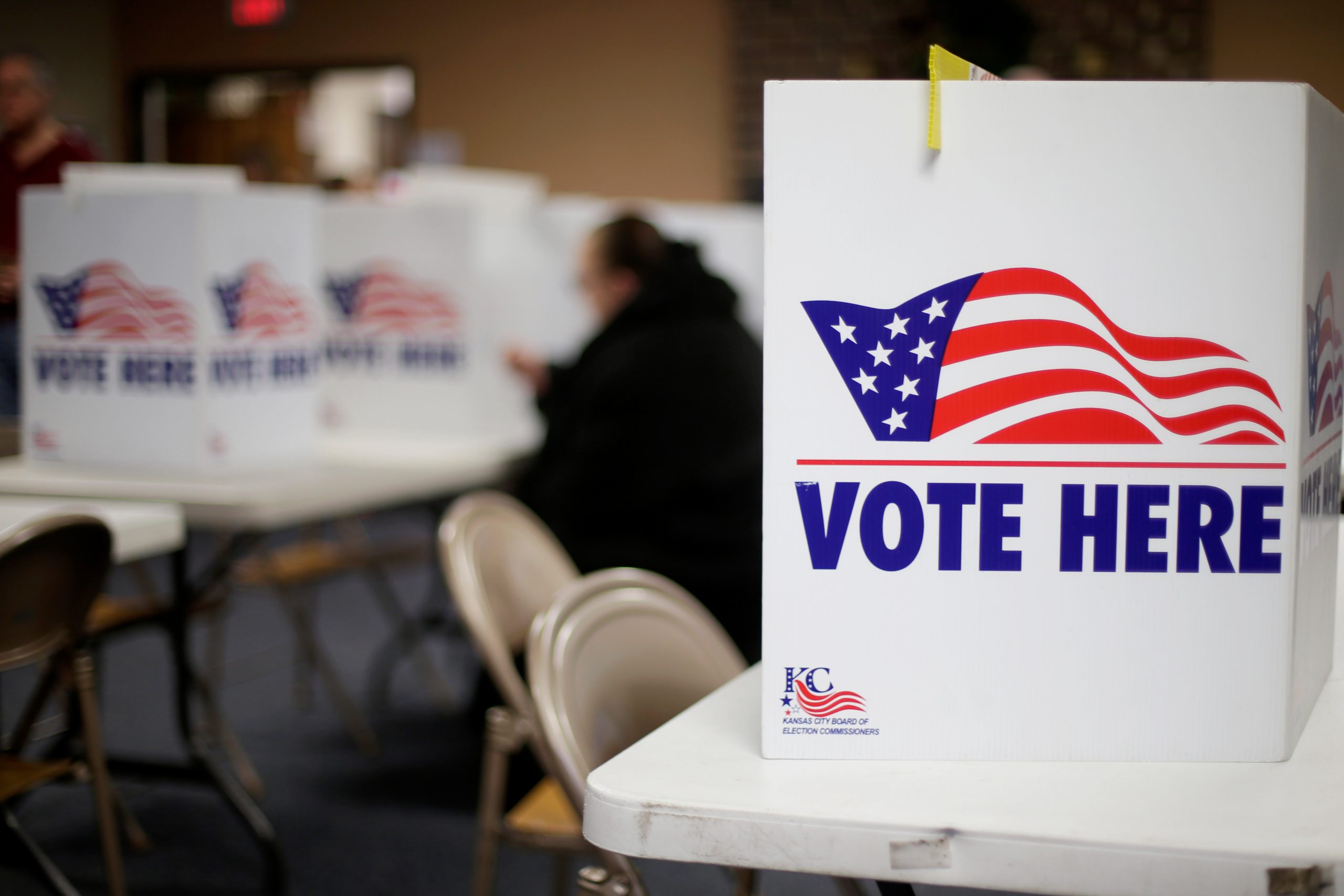The presidential primary in Michigan is set for February 27, offering voters a chance to cast their ballots. It’s a closed primary, meaning voters must choose either a Democratic or Republican ballot.
On the Democratic side, options include President Joe Biden and U.S. Rep. Dean Phillips of Minnesota. Marianne Williamson, despite dropping out, will also appear on the ballot.
For Republicans, the ballot includes former president Donald Trump and ex-U.N. Ambassador Nikki Haley, among others who dropped out after the printing deadline.

The primary will be different for Republicans due to a hybrid caucus and primary plan, finalized by the Michigan Republican Party and the Republican National Committee.
The primary will allocate 16 delegates proportionally based on the February results, with candidates needing at least 12.5% of the vote to win a delegate. The remaining 39 delegates will be allocated in closed caucuses held by Michigan’s congressional district Republican parties.
Michigan voters have various options to cast their ballots, including no-reason absentee voting, available since 2018. Voters can request an absentee ballot online or from their local clerk and must return it by 5 p.m. the Friday before the election.
Early in-person voting starts on February 17 and runs until February 25. On election day, polls are open from 7 a.m. to 8 p.m., and voters in line by 8 p.m. can vote.
These expanded voting options are a result of Proposal 2, a constitutional amendment approved by 60% of voters in 2022. The amendment expanded voting rights, allowing for no-reason absentee voting, nine days of early in-person voting, and state-funded absentee ballot drop boxes, among other provisions.


